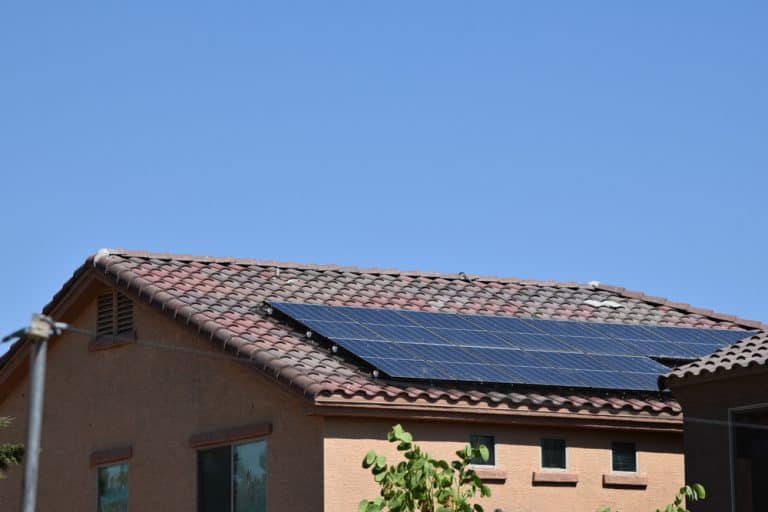Separate Yourself From Investor-owned Utilities With Solar

Utility companies have monopolized the electric industry. However, with the emergence of residential solar, this is changing.
Solar gives people a choice. It frees customers from the shackles of an ever-increasing electric bill.
To understand what solar can provide, let’s look at what traditional power is missing.
Types of Electric Utility Providers
Within the energy sector, there are three types of electricity providers. These providers have complete control over the cost of power.
What’s more, is that each utility has a specific area that it services. People who live in these areas can only get power through these providers.
There are some states, such as Texas, that have more utility flexibility. However, most states assign residents to utility districts.
Taking a Look at Electric Cooperatives
Cooperatives, otherwise known as co-ops, are non-profit member-owned utilities. This utility type is known for giving customers a voice and lower rates.
There are 812 co-ops across the United States. Each of these serves an average of 24,500 customers.
What are Publicly Owned Utilities
Publicly Owned Utilities are either federal, state or municipally run. They are also known as POU or public utility districts. Residents have voted for these utilities.
The United States has 1,958 POUs. Each of them serves an average of 12,000 electric customers.
Understanding Investor-Owned Utilities
Investor-owned utilities (IOU) are large corporations with investors. These companies typically care more about making money than customer service.
In the united states, IOUs cover about three-thirds of America’s utility customers. This statistic is even more significant, given that there are only 168 IOUs.
Residential Solar Panels: an Electricity Game Changer
Most states don’t have open-market utilities and Investor-owned utilities have a reputation of being more expensive. Meaning customers are stuck with the utility district their home falls under, which often ends up being an IOU.
Customers, however, don’t need to accept this as the end of the story. For people that want to save money and conserve fossil fuels, residential solar has become a viable option.
Although most that have residential solar stay connected to the grid, they don’t pay as much for electricity. Solar savings are possible because their solar array generates the majority of their power needs.
How Much do Solar Panels Save?
We all would like to say we do things for the greater good. However, when it comes down to it, most people make their purchase decisions because it benefits them in some way.
Solar panels are one of those purchases. Solar helps the environment, which makes us feel a little better about ourselves. It also increases our energy consumption awareness.
However, solar also helps keep customer wallets a little fatter, which makes it easier to choose this energy-conscious power source.
Solar Calculator: Finding a Base Price
There are many solar companies to choose from, which one to use can be an overwhelming process. However, it is possible to get an idea of what to expect.
Solar calculators won’t give an accurate quote. However, they do give people interested in solar an idea of what to expect.
To find the best price, solar customers need to compare several quotes. Price and quality comparison of the product is the best way to compare quotes.
Determining Your Solar Savings
Although the solar company does determine savings, it isn’t the only factor. The type of solar financing plan used is one factor that plays a significant roll in savings.
These savings are due in part to differing rates, but it is also because it is the deciding factor behind federal funding. If a customer decides to lease solar, they won’t qualify for the federal tax credit. Instead, the tax credit goes to the panel owners. In this case, the owner is the solar company leasing the panels.
Until January 2020, the federal tax credit will cover up to 30 percent of a solar installation, which is a big price cut for the customer.
Another determining factor is when to purchase the solar array. Those who can get solar should consider purchasing solar sooner rather than later.
There are a couple of reasons for this. First, those that install solar sooner start saving money earlier. Second, the federal tax credit is set to decrease to 26 percent in 2020.
If unsure whether your home is a good candidate for solar, Go Solar Group can help out. Our representative will call to see if you qualify. If you do, they will set up a free consultation so you can compare your options with ease.



Send a Message
Oops! We could not locate your form.